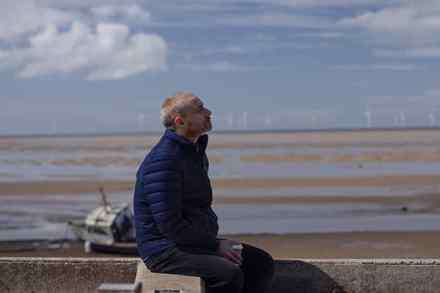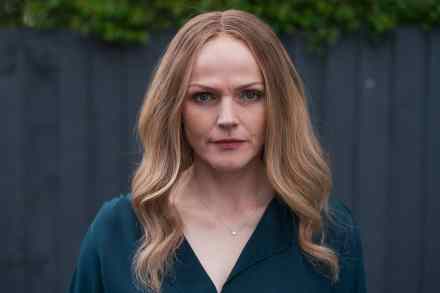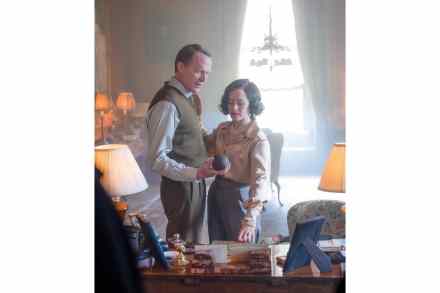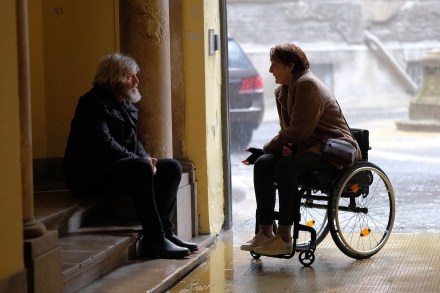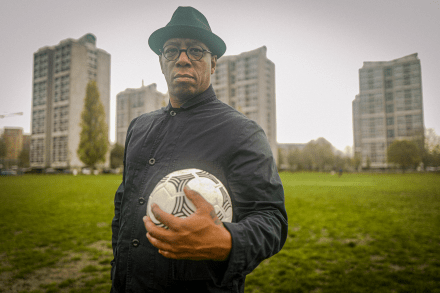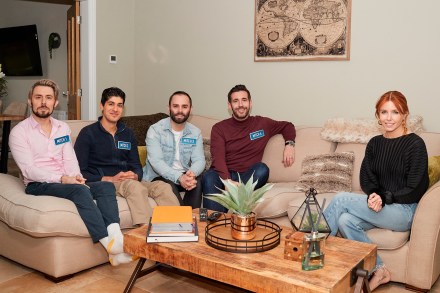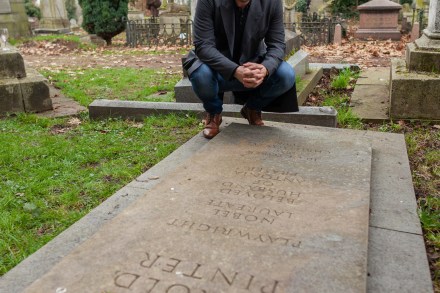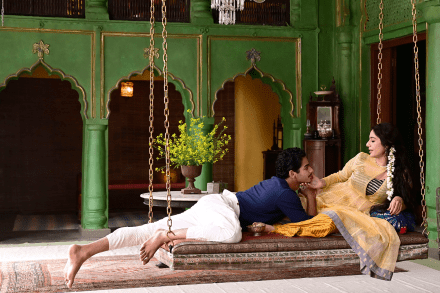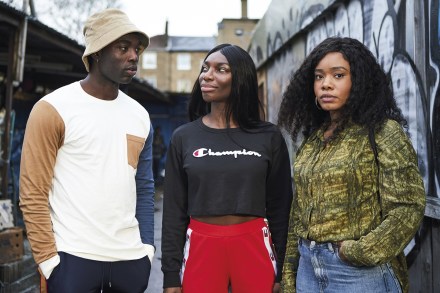Shades of Tony Soprano: BBC1’s The Responder reviewed
Older readers may remember a time when people signalled their cultural superiority with the weird boast that they didn’t watch television. These days the same mistaken sense of superiority is more likely to rely on the equally weird one that they don’t watch terrestrial television. So now that the BBC and ITV find themselves in the historically improbable role of plucky underdogs, it’s pleasing to report that this week saw the launch of two terrific new terrestrial shows — one of which already looks set to be as good as anything on Netflix, Amazon or Disney+ (except for Get Back of course). The programme in question is The Responder. It
